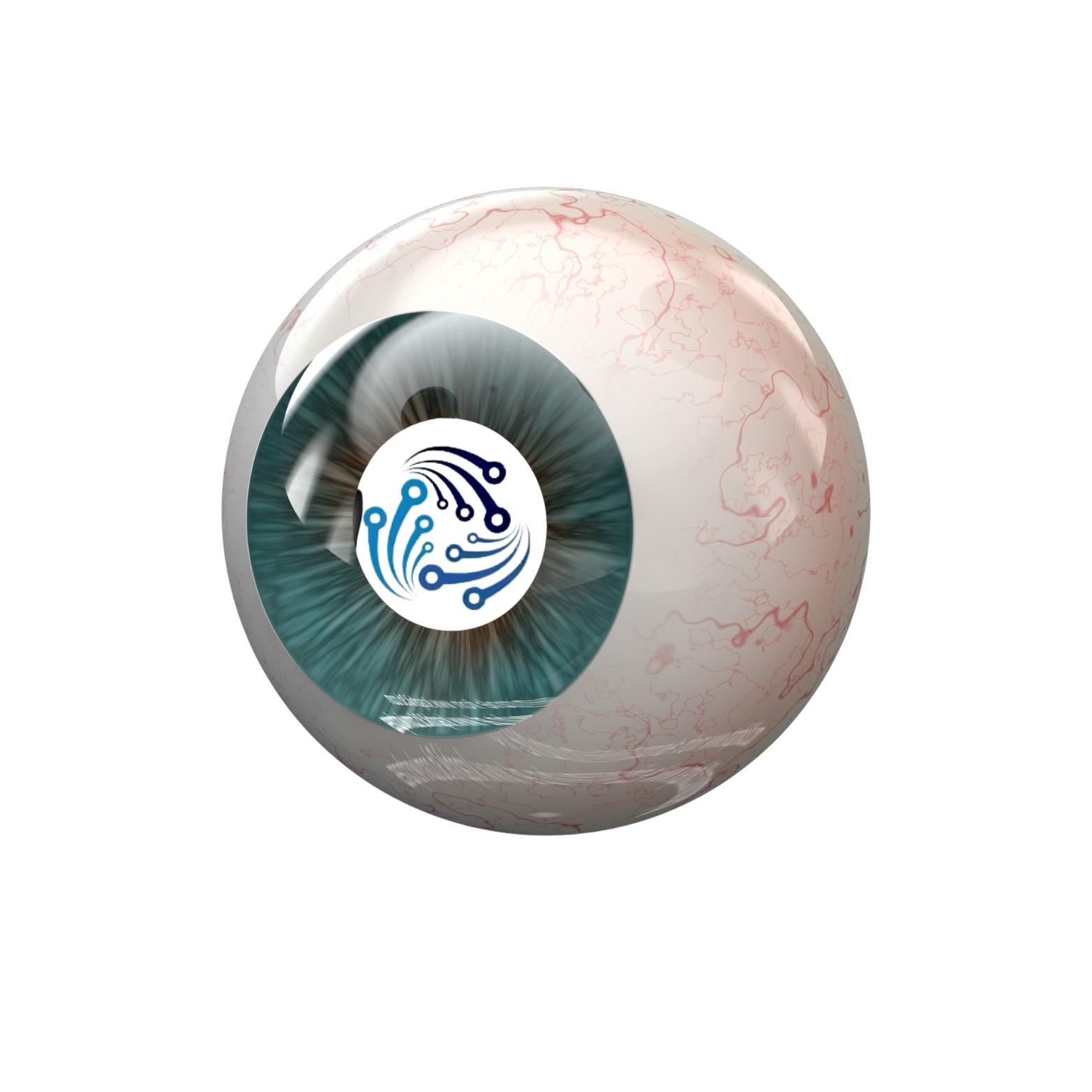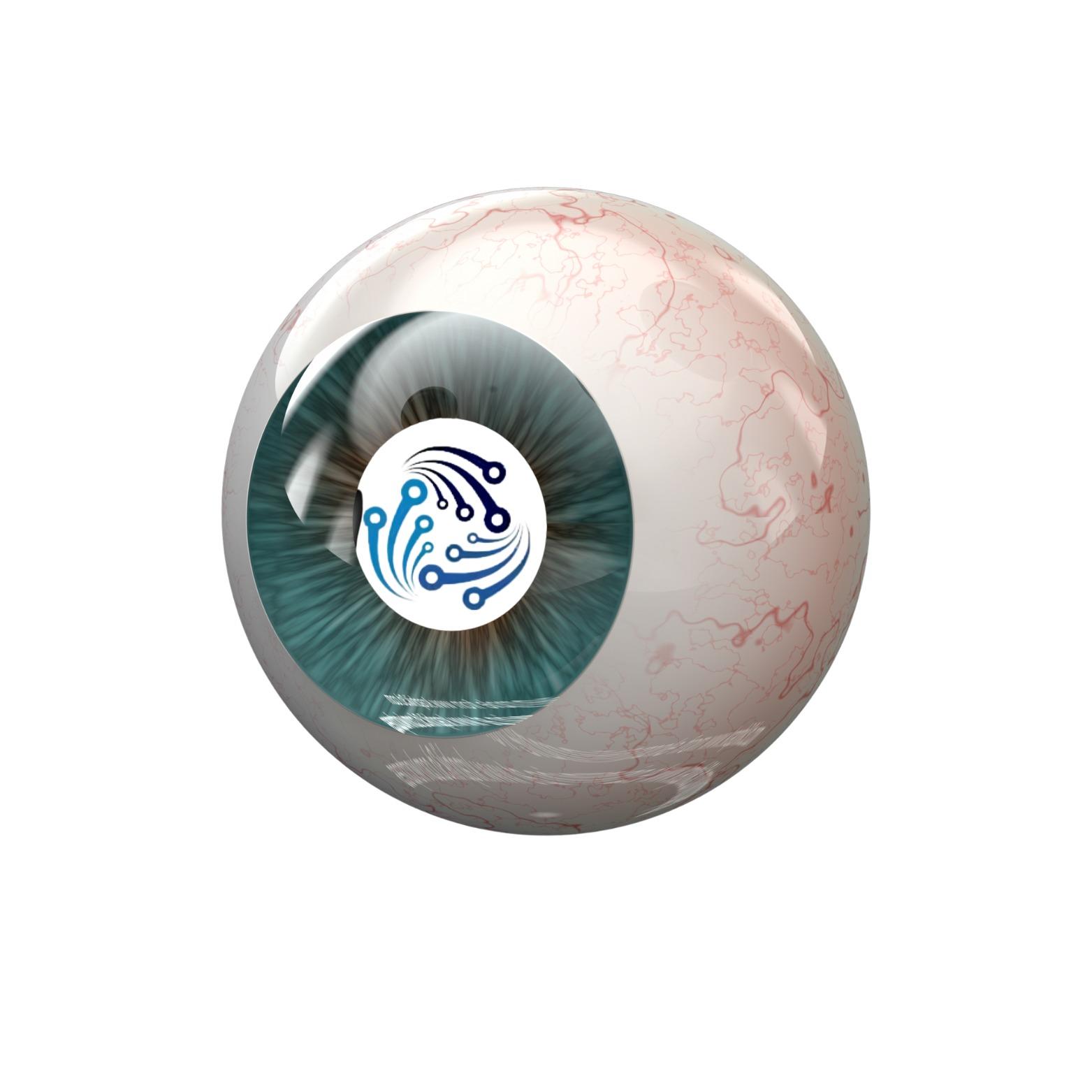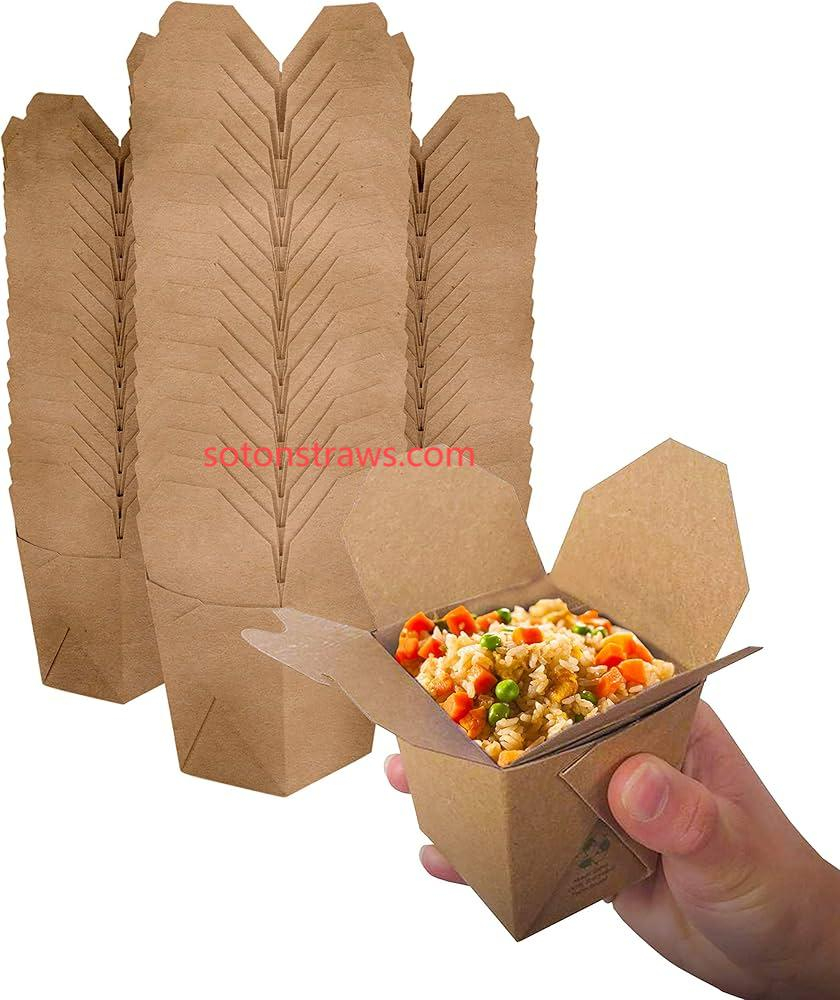As sustainability reshapes consumer expectations, disposable kraft box Manufacturer operations are redefining packaging as a strategic asset for brands seeking differentiation. By harmonizing eco-conscious material innovations with brand storytelling, these manufacturers empower businesses to transcend commodity status and embed values into every unboxing moment.
The shift begins with structural reimagination. Next-gen kraft boxes now integrate foldable panels that convert into reusable desk organizers or planters post-delivery, extending packaging lifecycles while creating organic brand touchpoints. Such designs align with circular economy principles, reducing waste streams while offering consumers functional value beyond initial use—a critical differentiator in crowded markets.
Material science breakthroughs further elevate competitiveness. Plant-based hydrophobic coatings derived from algae extracts replace traditional PFAS treatments, delivering water resistance without compromising compostability. Paired with soy-based inks, these solutions cater to European PFAS bans and North American composting standards simultaneously, enabling brands to navigate fragmented global regulations seamlessly.
Production agility bridges aesthetics and affordability. Automated laser-scoring systems enable intricate geometric patterns on kraft surfaces, mimicking luxury textures while maintaining rapid throughput. Digital twin simulations optimize material usage, achieving 15% thinner yet equally durable board grades—a balance of cost efficiency and premium appeal for mid-tier brands seeking upmarket positioning.
Brand collaboration models drive market penetration. Manufacturers now offer co-creation platforms where clients input sustainability narratives directly into packaging blueprints. QR codes laser-etched beneath tear strips link to carbon offset verification or forest stewardship stories, transforming boxes into interactive brand ambassadors. This approach particularly resonates with DTC brands needing physical touchpoints in digital-first strategies.
Certification ecosystems amplify trust. Blockchain-tracked FSC fibers paired with ISO 14067 carbon footprint labels provide audit-ready sustainability credentials, crucial for exporters facing CBAM tariffs. Regional certification bundles—combining EU Ecolabel with APAC biodegradability standards—streamline compliance for multinational FMCG clients, turning regulatory hurdles into competitive advantages.
click sotonstraws.com to reading more information



